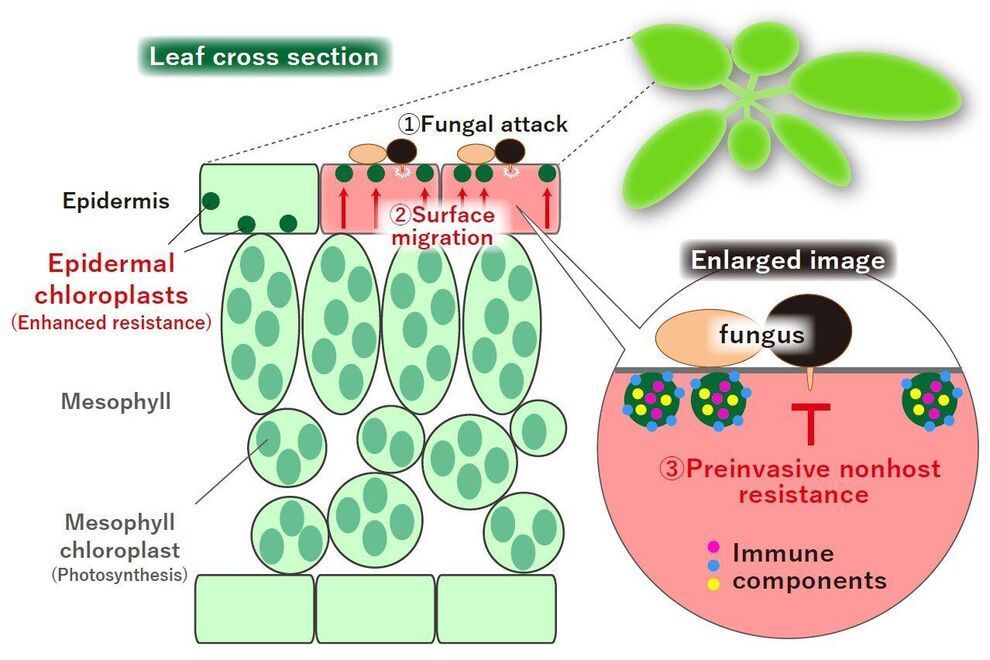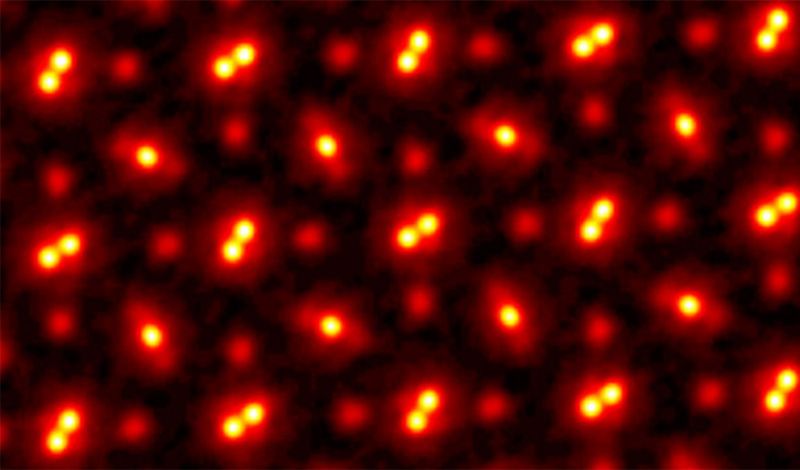Can there be life in exotic solvents? — such as sulfuric acid?
New results cast doubt on the presence of life in the Venusian atmosphere.

Innovating At The Frontiers Of Cancer Biology — Dr. Jonathan Chernoff MD, PhD, Senior Vice President, Deputy Director, and Chief Scientific Officer, Fox Chase Cancer Center.
Dr. Jonathan Chernoff, MD, PhD, is Senior Vice President, Deputy Director, and Chief Scientific Officer, at Fox Chase Cancer Center (https://www.foxchase.org/) where he coordinates and charts the future course of research for the organization.
The Hospital of Fox Chase Cancer Center and its affiliates (collectively “Fox Chase Cancer Center”), a member of the Temple University Health System, is one of the leading cancer research and treatment centers in the United States. Founded in 1904 in Philadelphia as one of the nation’s first cancer hospitals, Fox Chase was also among the first institutions to be designated a National Cancer Institute Comprehensive Cancer Center in 1974.
Dr. Chernoff joined the staff in 1991 as an associate member and was promoted to member with tenure in 1996. In 2002 he was promoted to be a senior member in Fox Chase Cancer Center’s Basic Science division, the equivalent of a full professor in a university.
A molecular oncologist as well as a board-certified medical oncologist, Dr. Chernoff has a special interest in factors that control cell growth and movement, including oncogenes and anticancer or tumor-suppressor genes, and has made fundamental contributions in this research.

It is said that 10 to 15% of the world’s agricultural production loss is caused by diseases, which is equivalent of the food for about 500 million people. And since 70–80% of this plant disease is caused by filamentous fungi, protecting crops from filamentous fungi is an important issue in effectively feeding the world population. In order for pathogenic fungi to infect plants, they must break through the epidermal cells of the plant and invade the interior. In other words, plant epidermal cells act as the first barrier to stop the attack of pathogenic fungi in the environment. So what kind of defense functions do epidermal cells have?
Interestingly, it was known that the epidermis of plants contain small chloroplasts that are not so involved in photosynthesis. However, it was unclear what function it had. Why are there small chloroplasts in the epidermis of plants that do not contribute much to photosynthesis?
Assistant Professor Hiroki Irieda of the Faculty of Agriculture, Shinshu University and Professor Yoshitaka Takano, Graduate School of Agriculture, Kyoto University, found that small chloroplasts in the epidermis of plants control the entry of fungal pathogens. The duo discovered that the small chloroplasts move inside the cell dramatically to the surface layer in response to the fungal attack and is involved in such defense response. Furthermore, the duo found that multiple immune factors involved in the defense response of plants are specifically found in the epidermal chloroplast, which contributes to the enhancement of resistance to the invasion of pathogen filamentous fungi.


An Important Free Offer From Freedom Forum News to Attend an Online Event; Greenwald vs. Dershowitz Exploring Government Surveillance on May 29th, 2021at 9pm EST. Sign Up Now!
Join political heavyweights Glenn Greenwald and Alan Dershowitz as they go head to head to address this question for the ages in a live video debate exclusively for Freedom Forum News and Arium at 9pm ET on May 29th.
Freedom Forum News has partnered with Ariuum, the first free speech video debate platform where you can create your own channel to share your ideas and opinions live with other Ariuum Citizens, while voting for the topics that you believe in.
If you sign-up before midnight tonight you will receive access to watch the Greenwald-Dershowitz debate live and for free!

Transmission electron microscopy (TEM) is a technique that involves beaming electrons through a specimen to form an image. This enables the generation of significantly higher resolution than traditional optical microscopes. While the latter devices are typically limited to around 1000x magnification due to the resolving power of visible light, TEM can provide zoom capabilities that are orders of magnitude greater – surpassing even a scanning electron microscope (SEM).
In recent years, TEM instruments have begun to reach extraordinary levels of detail. Spatial resolutions are now edging into the realm of individual atoms, measuring less than 0.0000005 millimetres (mm).
However, TEM is prone to lens aberrations and multiple scattering, limiting its use to samples thin enough to let electrons pass through. The process is technically challenging and requires additional tools to perform. In 2018, researchers at Cornell University offered a potential solution. They built a high-powered detector combined with a new algorithm-driven process called ptychography. This achieved a new record for microscopic resolution, tripling the previous state-of-the-art.


Bye Aerospace’s eFlyer 800 is a clean-sheet design that will carry eight people, including one or two pilots. The 800 will have two motors, powered by a grid of electric cells across the airframe.
This is the third model in a lineup of electric planes from the Denver-based aerospace firm, but the first with two motors. The eFlyer 2 is a two-seater for professional flight training that was developed when the company launched in 2014, and the eFlyer 4, a four-seater for air taxi and advanced training, came later. Both models have more than 360 orders each.


CAPTCHAs are those little tests of skill that websites use to make sure you’re human and not a bot. Sometimes they ask you to re-enter some blurry text displayed on screen, other times they show you nine images and want you to click on the images that include, say, a boat. There are a bunch of different varieties of CAPTCHA out there, but they all share at least one characteristic: they suck. But what if we lived in a world where CAPTCHAs didn’t suck? Developer Miquel Camps Orteza is presumably the only developer to ask themselves that question, and through doing so, has created an imp-shooting CAPTCHA that actually feels fun to solve. It’s called DOOM CAPTCHA, and it involves shooting three Doom imps within a short (almost too short) period of time. Weirdly, the imp exists in the Wolfenstein universe, but that inconsistency doesn’t matter because no matter where they are, shooting imps is fun.
Shoot imps to prove you’re human.